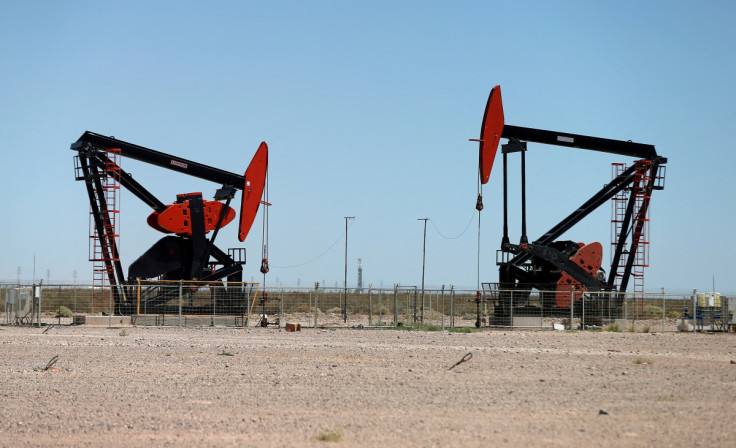Oil drops more than $1 as China’s COVID protests fuel demand worries

Oil futures dropped more than $1 on Monday due to protests in China, the top oil importer. Investors remained cautious before an agreement was reached on a Western price cap for Russian oil and an OPEC+ summit.
Brent crude fell 1.2% to $82.62 per barrel at 0110 GMT. U.S. West Texas Intermediate Crude (WTI) crude fell 1.4% to $75.19, or $1.09
Both benchmarks have seen three consecutive weekly declines since their 10-month lows. Brent was 4.6% lower than WTI, which fell 4.7% in the last week.
Hiroyuki Kikukawa is general manager of research at Nissan Securities. “In addition to growing concerns about China’s weaker fuel demand due to an increase in COVID-19 case, political uncertainty caused by rare protests in Shanghai over the government’s strict COVID restrictions in Shanghai, prompted sellers,” he said.
He said that WTI’s trading range will fall to $70-$75 and that the market could remain volatile depending on the outcome from the OPEC+ meeting.
China, the world’s largest oil importer, has remained faithful to President Xi Jinpings zero COVID policy, even when most countries have lifted all restrictions.
On Sunday night, hundreds of protestors and police clashed at Shanghai. The demonstrations against China’s COVID restrictions flared for the third day. They spread to other cities after a deadly fire broke out in China’s far west.
As frustration grows over Xi’s zero-COVID policies nearly three years after the pandemic, this wave of civil disobedience in mainland China is unprecedented.
The Group of Seven (G7) and European Union diplomats are currently discussing a price limit on Russian oil of between $65, and $70 per barrel. This is to limit revenue that Moscow can use to finance its military offensive in Ukraine, without disrupting global oil markets.
EU diplomats confirmed that the November 25th meeting of EU government representatives was cancelled to discuss this issue. The EU ban on Russian crude oil will kick off on Dec. 5.
Investors are also focusing their attention on the December 4th Organization of the Petroleum Exporting Countries meeting and its allies (known as OPEC+).
OPEC+ reached an agreement in October to lower its output by 2 million barrels/day through 2023.